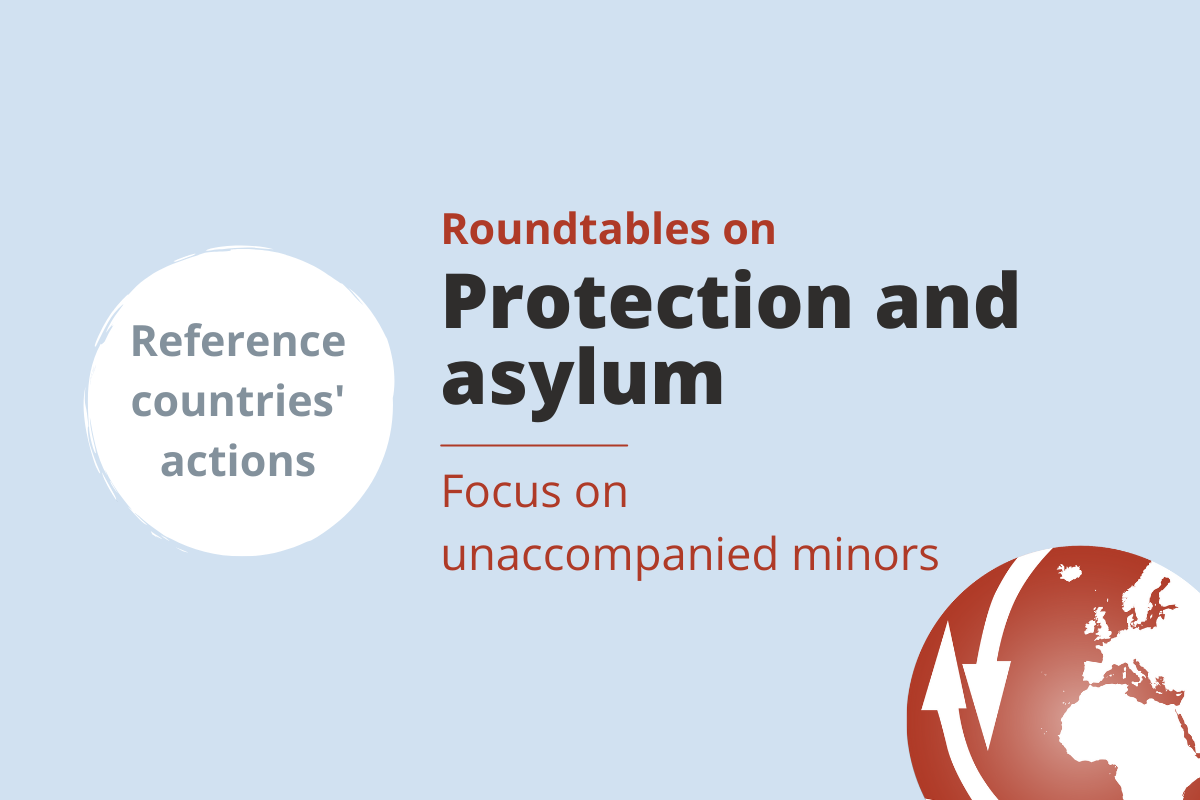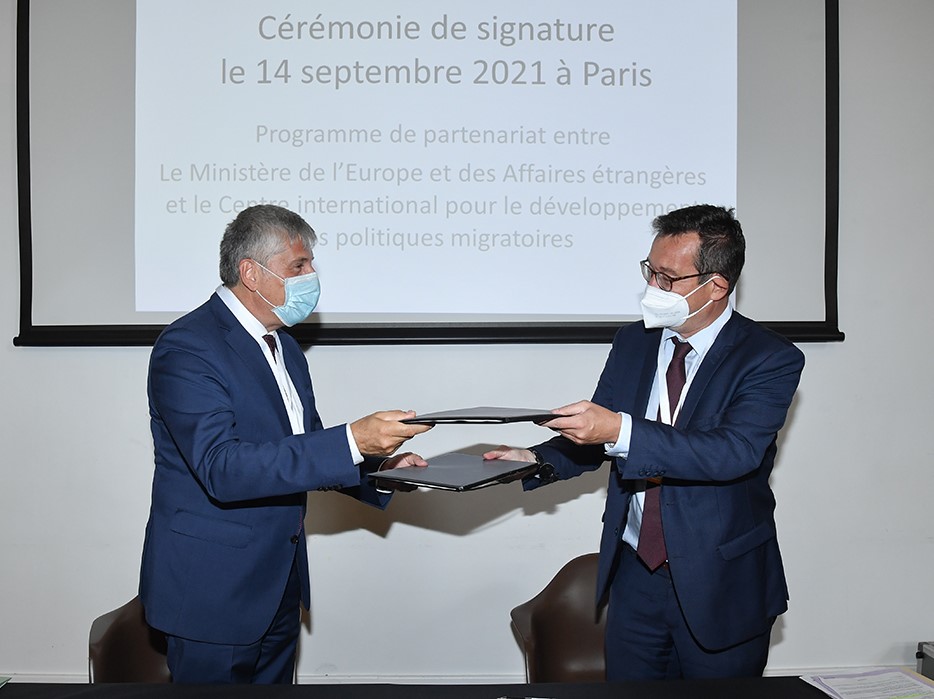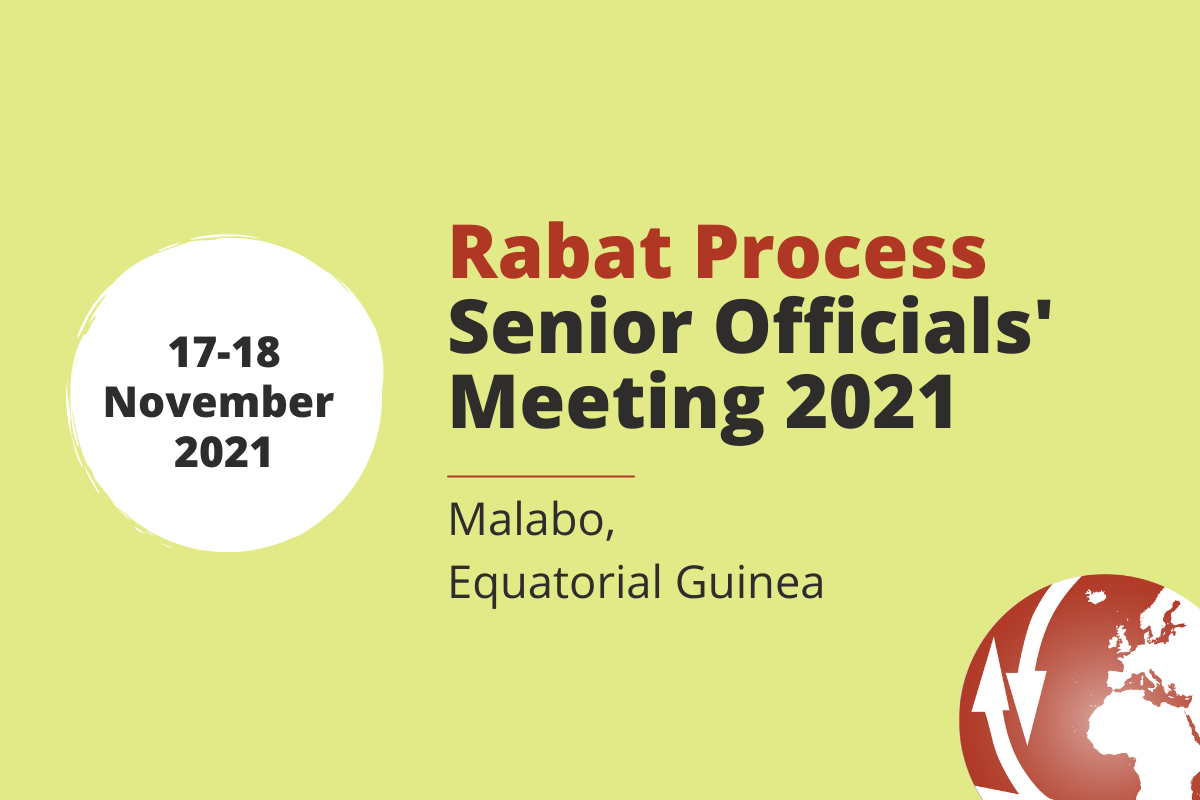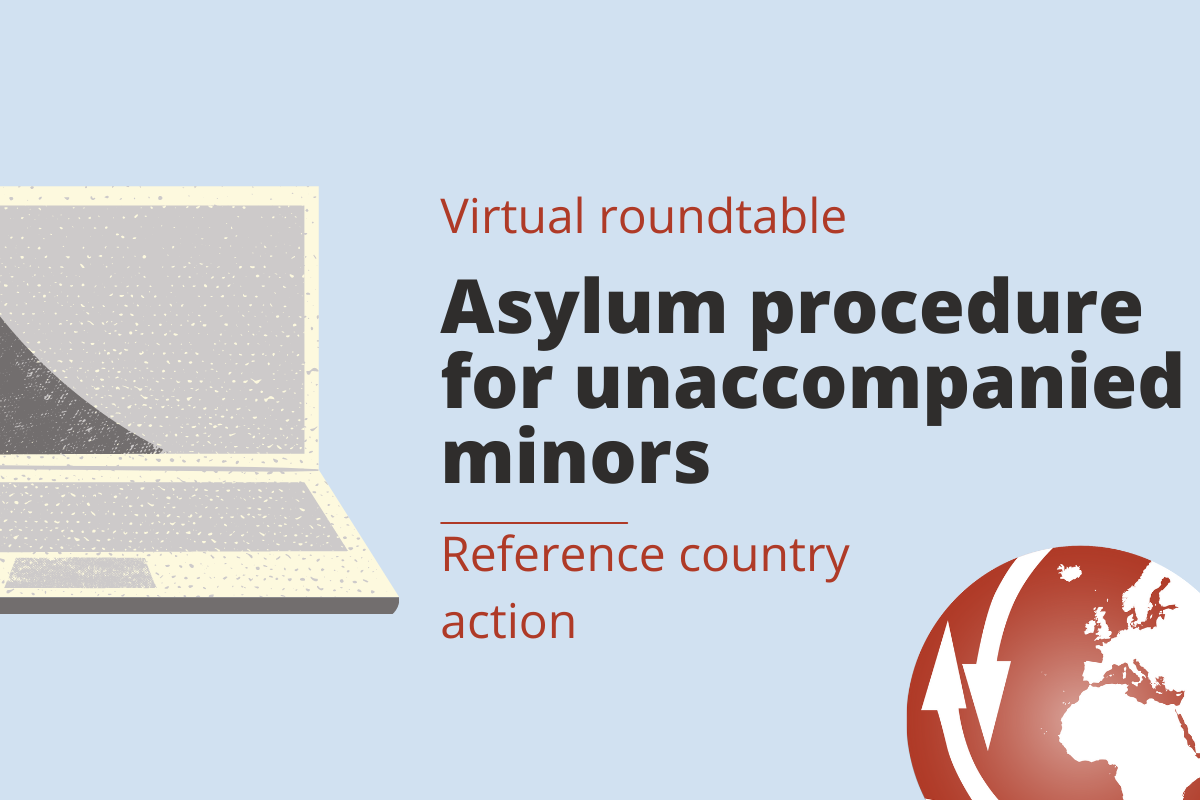Switzerland and Chad, Rabat Process reference countries for Domain 3 of the Marrakech Action Plan, are leading the implementation of a series of activities to address protection and asylum. The virtual roundtable, which was hosted by Switzerland and Chad in July of this year, is now followed by a roundtable in Geneva on 13th October 2021.
These activities are the first to be led by reference countries since the introduction of the system in 2019, and are the first to focus on protection and asylum since a Rabat Process thematic meeting on the subject in 2015. They focus specifically on the challenges posed by the migration of unaccompanied minors (UAMs) - a particularly vulnerable category of migrants, recognised by the Marrakech Action Plan in its crosscutting priority number 2.
Not only is it the first time that reference countries are leading the implementation of Rabat Process activities, but different meeting styles are also being tried and tested, e.g. working with a limited number of participants (chosen through a selection process).
To address the subject of protection and asylum from all angles, the reference countries worked together with UNHCR and the Rabat Process Secretariat to develop a programme that follows three phases of a refugee’s journey: along the road, reception upon arrival, and the search for durable solutions.
What is the “reference country” system?
The reference countries system aims to encourage the partners of the Rabat Process to lead the implementation of certain priorities of its strategic framework, named the Marrakesh Action Plan. It is designed to strengthen partners' sense of ownership and involvement in the Dialogue. The reference countries meet regularly with the Steering Committee.
Outcome of the virtual roundtable "Asylum procedure for unaccompanied minors (UAM) - Reception” (7th July 2021)
The first activity on protection and asylum took place on 7th July 2021 and focused on asylum procedures and the reception of unaccompanied minors. 37 participants joined the online roundtable, representing 13 Rabat Process partner countries and 3 international organisations.
The virtual roundtable was divided into two panel discussions which invited Rabat Process partner countries to share their experiences on the protection and assistance of UAMs (session 1) and age determination of UAMs (session 2).
Some highlights on protection of UAMs:
- Switzerland presented its new asylum and protection law, specifically designed to ensure that UAMs benefit from legal protection: this includes assigning to each UAM a guardian, responsible for representing the child’s best interests.
- Chad presented its work with operational partners and the implementation of activities such as child-friendly spaces for UAMs and psychosocial support particularly in gold-mining areas with high numbers of UAMs. Chad undertakes efforts to search for parents and has been able to successfully reunite hundreds of families since 2016.
Some highlights on age determination of UAMs:
- Best practices tended to include the use of multidisciplinary and independent teams to determine age, using interviews and other techniques rather than medical testing. It was generally recognised that medical examinations to determine children’s age come with a margin of error.
- Chad, who works in partnership with the UNHCR and the Chadian Red Cross on this matter, employs the “cluster technique” whereby age is determined through a series of factors, including through establishing the age of siblings and parents.
Roundtable: "Risks, support and durable solutions, in particular for unaccompanied minors" (13th October, Geneva)
More than a dozen selected partner countries will participate in these activities, alongside representatives of several international organisations such as UNHCR, ICRC and the IOM.
The roundtable on 13th October is divided into three sessions: protection of unaccompanied minors along migration routes, family separation and missing persons in the context of migration, and local integration of refugees. Panellists will include representatives from African and European Rabat Process partner countries as well as government agencies and international organisations working on migration and asylum.
The outcomes of both roundtables will be shared by Switzerland and Chad at the forthcoming Rabat Process Senior Officials’ Meeting.






